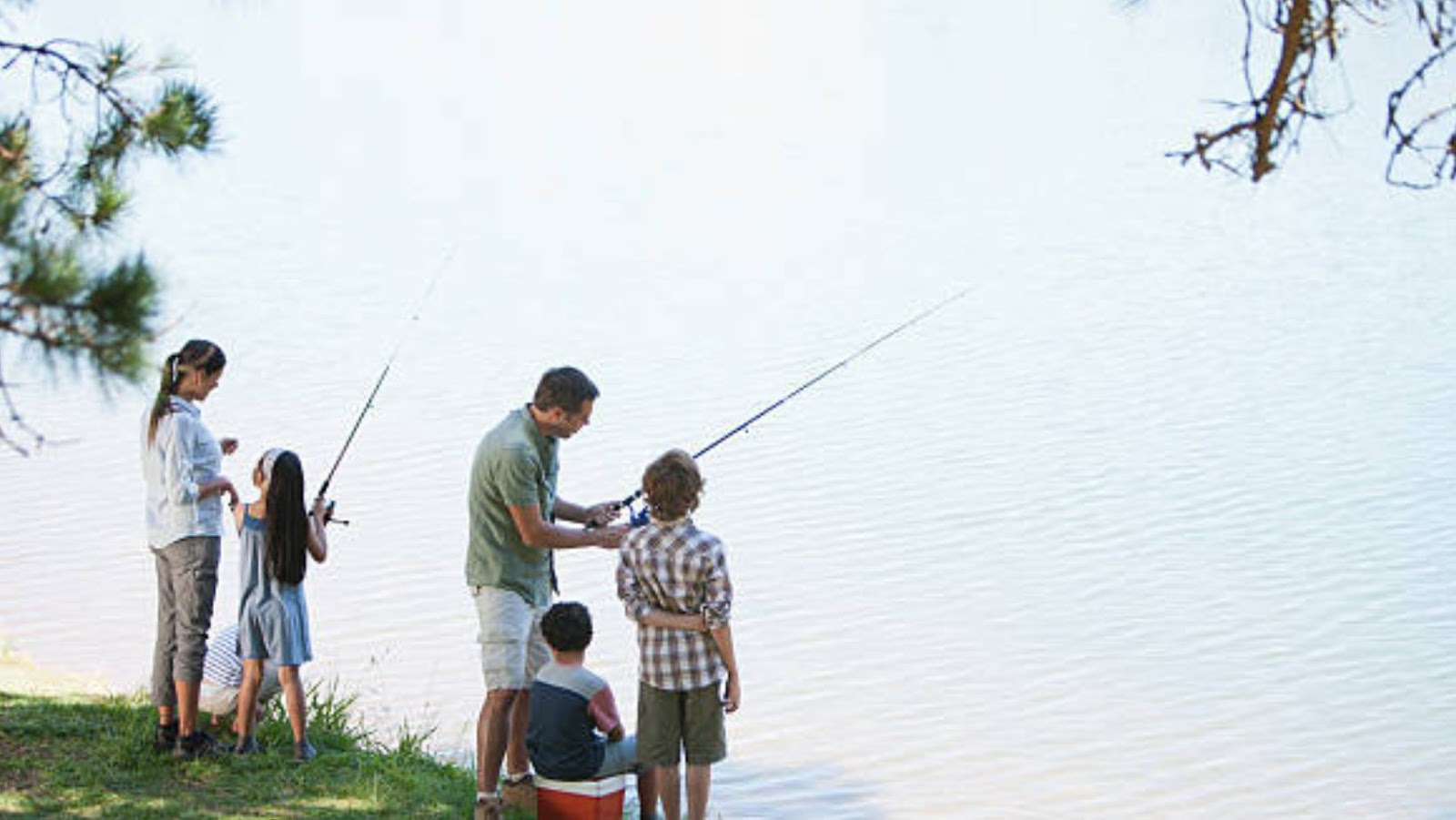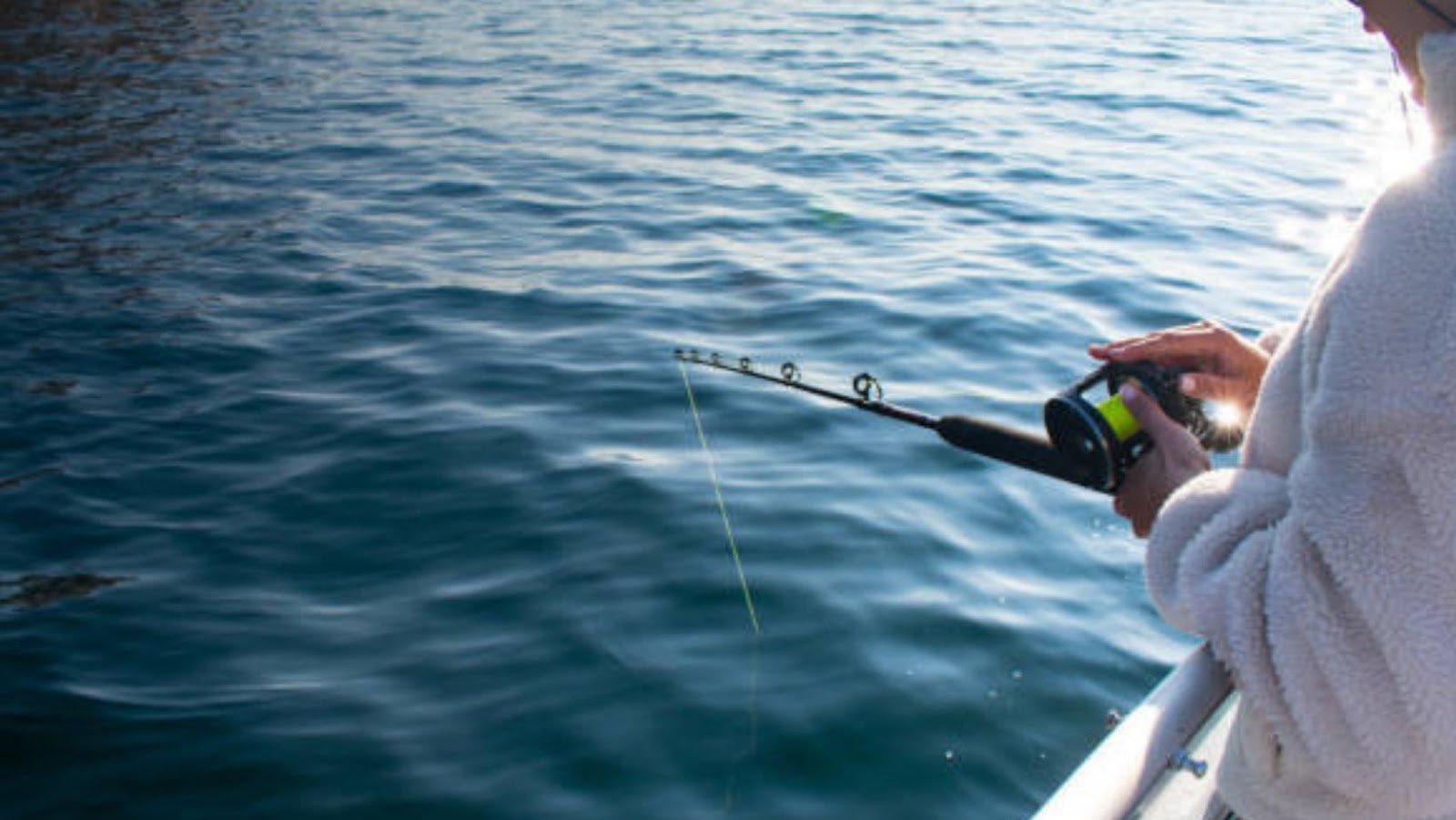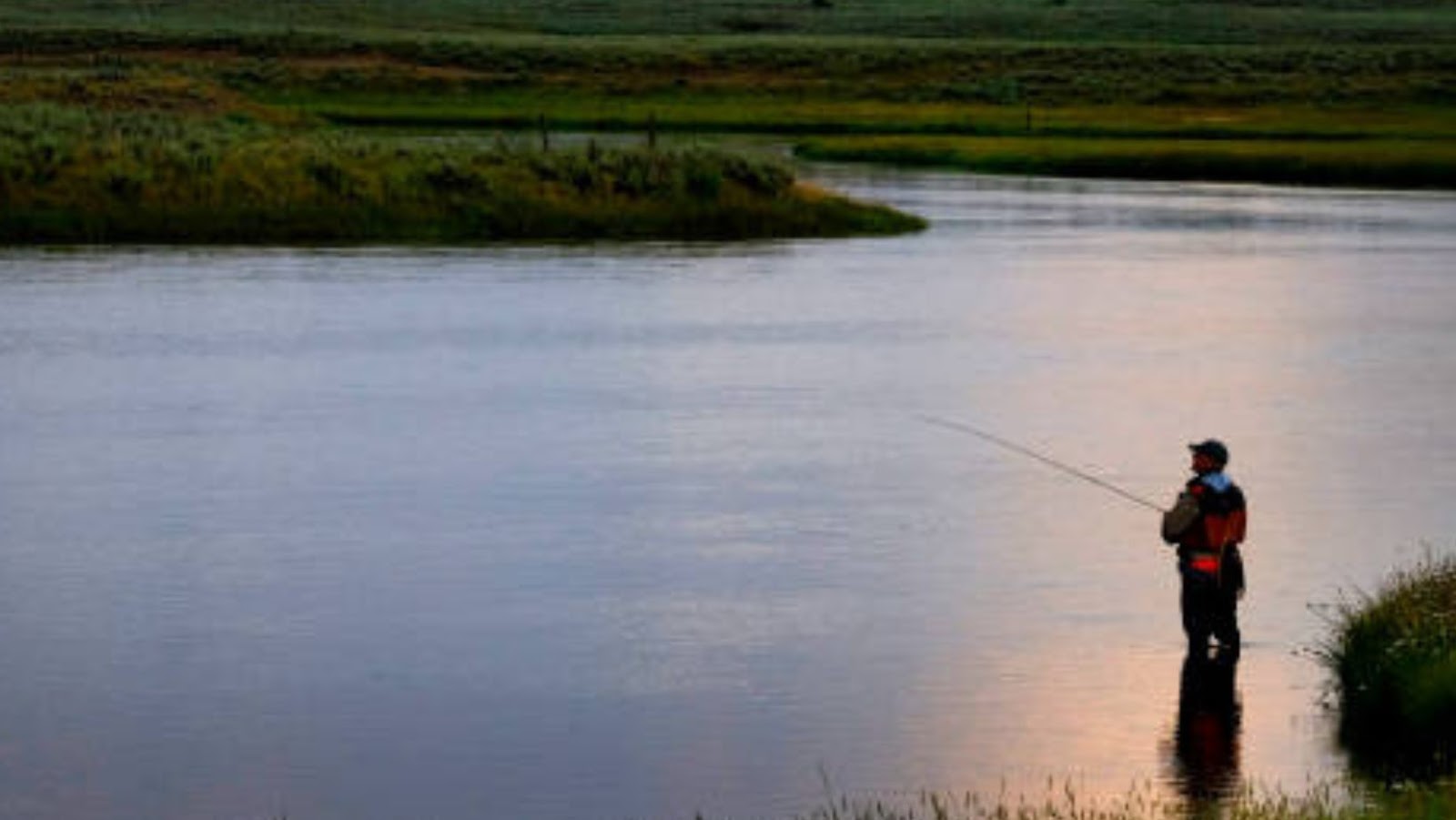Fly fishing is a sport that many people find intriguing, but it can also be intimidating. If you’ve watched fly fishing videos or seen pictures of people gracefully casting in the river, you’ve seen some of the more glamorous aspects of the sport.
At the same time, you may be wondering: is fly fishing hard? The answer is that it can be, but it doesn’t have to be. Like any form of outdoor recreation, there is a learning curve to master, but with patience and persistence, almost anyone can become proficient at fly fishing.
Fly fishing requires learning how to cast, selecting the right flies for the situation, and finding the right water to fish. All of these things can take practice to develop proficiency, but that doesn’t mean it’s not an enjoyable process. In fact, many people find the challenges of fly fishing to be part of what makes it such a rewarding activity.
Table of Contents
ToggleIs Fly Fishing Hard
Fly fishing is an art that requires patience and practice. It’s easy to pick up a rod, reel, and line and cast it out to the water, but being able to catch a fish using a fly can be challenging. To answer the question, “is fly fishing hard?” – it can be, but with the right approach, it can also be enjoyable and rewarding.
Here are a few tips for mastering the art of fly fishing:
- Practice your casting technique: Casting is the foundation of fly fishing. Try to master the basic cast and practice different casts like the roll cast and double haul. It takes time and patience to become skilled in casting, but with dedication, you will get better.
- Understand the water and fish: Knowing where to cast your line and understanding the behavior of fish is crucial in fly fishing. Observe the water and look for areas with structures like rocks or logs where fish are likely to hide. Research the type of fish you want to catch and the flies that attract them.
- Choose the right equipment: Having the right gear can make a significant difference in your fly fishing experience. Look for a rod that suits your skill level and the type of fishing you will be doing. Choose the correct line weight and tippet strength for the fish you are targeting.
- Be patient: Fly fishing requires patience and perseverance. It takes time to learn how to read the water, cast a line, and catch fish. Don’t get discouraged if you don’t catch anything on your first trip. Keep practicing, and eventually, you will become a skilled angler.
In conclusion, fly fishing can be challenging but also an incredibly rewarding experience. It requires patience, practice, and the right gear. With dedication and a willingness to learn, anyone can master the art of fly fishing.
Mastering the Techniques of Fly Fishing
Fly fishing has been gaining widespread attention in recent years as a meditative and relaxing hobby that connects people with nature. However, many wonder if it is difficult to master the art of fly fishing. Is fly fishing hard? Well, it can be challenging at the beginning, but with practice and dedication, anyone can learn to become a successful fly fisher.
Here are some tips to help you master the techniques of fly fishing:
1. Learn the Basics
Before you start fishing, it’s essential to understand the basic principles of fly fishing. This includes learning about the equipment, different types of flies, and casting techniques. It may seem overwhelming at first, but with time, practice, and patience, you’ll become comfortable with the basics, making it much easier to catch your first fish!
2. Practice Casting
Casting is perhaps one of the most challenging aspects of fly fishing. It takes time to master the proper techniques of casting, so be patient, and practice regularly. Focus on achieving an accurate and smooth cast, as this will be key to getting your fly in front of the fish in a natural and enticing way.

3. Develop Your Patience
Fly fishing requires a great deal of patience. Patience, after all, is what makes a good angler. You should expect to spend long hours on the water without catching anything. However, this is part of the process, and if you’re patient, you’ll improve with each outing.
4. Take Lessons
There are numerous fly fishing schools and instructors available who can help you learn to fish more effectively. You can also consider reading books or watching videos to gain more knowledge and learn from experts who have years of experience.
5. Be Observant
Successful fly fishers must be observant; they need to be able to read the water and understand the habits of the fish they are targeting. Keep an eye out for rising fish, hatching bugs, and other signs of activity around you, and use that to your advantage.
In conclusion, while it may seem daunting at first, fly fishing becomes increasingly enjoyable and fulfilling as you progress. By learning the basic techniques, practicing regularly, and being patient, you can master the art of fly fishing and enjoy the many rewards it has to offer. Good luck out there!
Tips for Overcoming Common Challenges in Fly Fishing
Fly fishing can be a challenging sport for beginners. However, with time, patience, and practice, you can develop the necessary skills to make it more enjoyable and fulfilling. In this section, I will share some tips to help you overcome common challenges in fly fishing:
1. Casting Techniques
One of the most common challenges beginners face in fly fishing is casting. It takes practice to develop the proper casting technique, which includes timing, distance, and speed. To improve your casting skills, start with short distances and gradually increase the length of your cast as you gain more experience. You should also practice different casting styles, such as roll casting, double hauling, and side-arming, to find the one that works best for you.
2. Knot Tying
Different knots are used for different purposes in fly fishing, from attaching the fly to the line, to connecting the leader to the tippet, and line to backing. Learning how to tie these knots can be challenging but is essential for successful fly fishing. There are many online resources and tutorials available that can help you learn the different knots used in fly fishing.
3. Reading the Water
Another challenge in fly fishing is identifying the best place to fish in a river or stream. Knowing how to read the water can help you find where the fish are hiding. Look for water features such as riffles, pools, and eddies, where fish may be feeding or resting. Understanding the fish’s behavior and feeding patterns can also help you identify where to cast your line.
4. Handling the Fish
Once you’ve successfully caught a fish, it’s important to handle it carefully to minimize harm and ensure its survival. Use a net to gently land the fish, and avoid touching its gills or body. Always wet your hands before handling the fish, and release it quickly and gently back into the water.
Fly fishing can be a challenging sport, but with these tips and a willingness to learn, you can overcome common challenges and enjoy the experience. Remember, practice makes perfect, and the more time you spend on the water, the better you will become at fly fishing.

Conclusion
In conclusion, fly fishing is not inherently difficult. It’s a sport that takes time, patience, and practice to master. Some anglers seem to have a gift for it, but most of us need to put in the time to get good at it.
Like most things in life, the more effort and time you invest into fly fishing, the more rewarding it becomes. While it may seem challenging to learn at first, with practice, casting and presentation will become second nature.
Overall, whether or not fly fishing is hard is a subjective experience. It depends on your level of experience, the environment you’re fishing in, and the species you’re targeting. However, it’s important to remember that fly fishing is a low-impact, meditative activity that can be enjoyed by all ages and skill levels.
In the end, if fly fishing seems like too much of a challenge, it’s okay to move on and try something else. But for those who enjoy the calm, focused, and immersive experience that fly fishing offers, it’s a sport that can be both rewarding and enjoyable.





